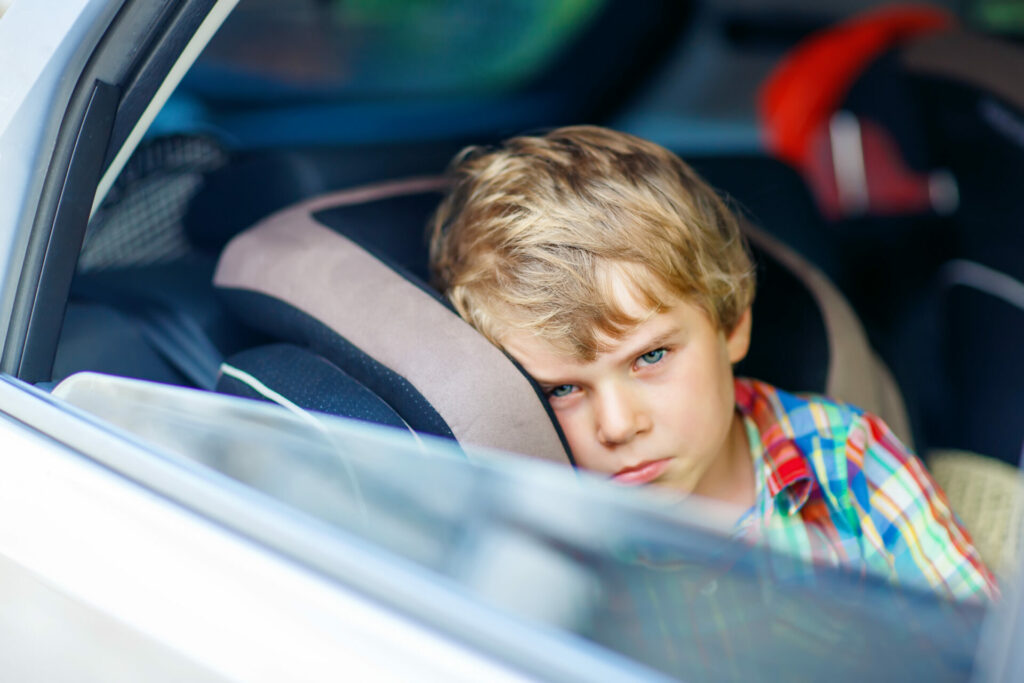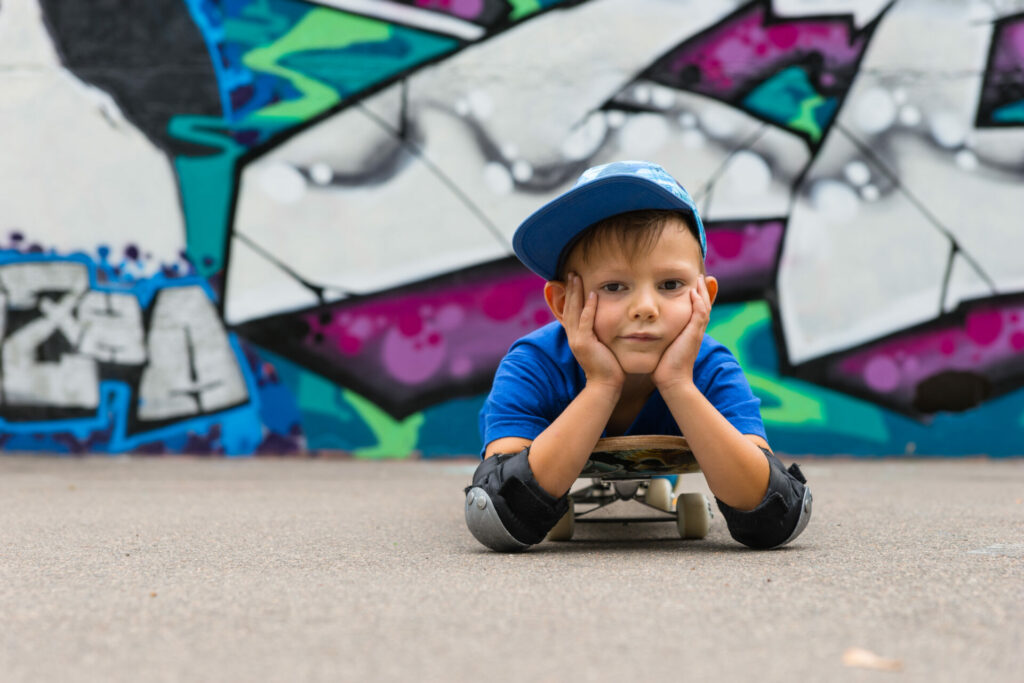Remember being a kid and having a hobby? Singular: a hobby. For some it was ballet which, once a few grande jetés were mastered and grades passed, became a two or three lessons per week commitment. Tap, modern and other dance types would naturally go hand-in-hand and perhaps musical theatre would shimmy its way in.
But no matter how many sequins your mother sewed onto your leotard or how big the mountain of outgrown jazz shoes grew in the cupboard, the whole activity came under one umbrella: dancing.
The same for football. If a kid enjoyed having a kick about, and certainly if they excelled, they were generally good at most sports, but chose football as a focus. And as for musical instruments, once the early recorder days were over it was one more strike at becoming a maestro by opting for piano, violin or flute, and if you got to grade eight, you’d made it.
Oh, how times have changed. The after-school clubs market has gone from zero to 100 at warp speed. From gymnastics to gardening, martial arts to mindfulness and circus skills to cheerleading, there isn’t a hobby kids can’t do these days.
It’s incredible what’s on offer, especially as we’ve finally entered an era where pigeon-holing is frowned upon and everyone is encouraged to be their true, authentic selves. Children can endlessly explore what makes them tick, and what they’re good at rather than being miserably forced to play in goal or make their toes bleed in new pointe shoes because – as our parents said – ‘you wanted to do this, and we’ve paid for it, so now do it’.
Burn Out
But can there be too much of a good thing? With so many never-ending new clubs, parents are now under immense pressure to sign up their children for as many activities, clubs and hobbies as possible. If they don’t, they feel like they’re not a good parent. Yet, if they do, they’re in danger of causing their children to burn out. And no one wants that.
For two years, children’s education, experiences and hobbies were heavily diluted and we’ve all been frantically making up for lost time. The fight is on to keep up, to get back to their expected standard and to excel as if a global pandemic didn’t happen
Juggling work, the school run, and making sure one kid arrives on time to hip-hop, while picking up the other kid from chess club so they’re not hanging around unaccompanied is a major stress. And while you may feel frazzled keeping on top of such a hectic schedule, little Jimmy and Jane are just being ferried around and having fun, aren’t they?
Not necessarily. Think about it. How often have you picked up your child from school to see them exhausted, hungry – or hangry – and adamant that they do not want to go to tennis, or drama, or karate or basketball? How many times have you bribed them with snacks or with promises of a trip to the hallowed drive-thru if they’ll just go pl-l-lease this one time or even resorted to encouraging them with tales of how they’re making amazing progress (even if they’re still pirouetting the wrong way)? Or, just like in the old days, reminded them that this conversation is actually non-negotiable, and that they’re going because it’s paid for? If so they could be suffering from burn out.

Don’t worry. You’re not alone. Just before the pandemic, researchers interviewed almost 50 families from 12 primary schools in England. They found that 88 per cent of children were participating in organised activities four to five days per week, with 58 per cent going to more than one activity in a single evening. What also unfolded was that extracurricular activities dominated family life, especially for families with more than one child.
Pushy Parents?
Since Covid-19, it could be argued that parents have become even more pushy, resulting in burn out for their kids. For two years, children’s education, experiences and hobbies were heavily diluted and we’ve all been frantically making up for lost time. Even though all the kids the world over are in the same boat, it hasn’t made life easier for them. The fight is on to keep up, to get back to their expected standard and to excel as if a global pandemic didn’t happen.
And what’s more, parents are understandably keen to prevent the dreaded after-school lull, staring at screens because they’re terrified they’re children will turn into tech zombies. Back in our day, kids played in the street after a day of reading and writing at school. They went around the block on their bikes. These days, parents, sadly, have to act more vigilantly. Neighbourhoods aren’t as noisy with the sound of children playing out anymore. So sending them to organised activities seems more important than ever.
But what is this doing for their concentration? Their development? Isn’t a bunch of clubs, sports and crafts on top of general education completely tiring them out and causing burn out? Is this the real reason why they’re so desperate to just watch YouTube or TikTok on your – or their – phone?
Character-forming boredom
These kids don’t have a second to just sit and think or zone out. Boredom, which we all experienced plenty of as children when social media, computers and the internet didn’t determine our every waking moment, is what can spark creativity. It allows an idea to develop. When a child’s free time is as timetabled as their school work, they’re being controlled from the moment they wake up until the second their head touches the pillow. Where’s the time to connect with who they are and who they can become?
As the author and journalist India Knight said: ‘I spent hours being bored as a child, something I consider extremely character forming. But no, not any more. The generation we’ve raised are lost without the slew of extracurricular activities their loving parents have organised for them.’


So what was so terrible about having one hobby, and actually getting good at it? Are we going to be responsible for raising a generation of generalists who are so overwhelmed doing multiple activies and sports that they can’t find the time to rise to the top in one because of burn out. The result will be lots of mediocrity blended with a pretty blasé attitude and a shoulder shrug. Karate? ‘Meh, it was okay.’ Drama? ‘It was OK. Not really my thing.’
Or is this the new normal? Is this trying-a-bit-of-everything the modern day equivalent to playing out and climbing trees? Maybe it’s not something we should frown upon. Alarmingly, only 21 per cent of boys and 16 per cent of girls aged five to 15 currently do the recommended amount of daily exercise, and screen-time must play a huge role in that. Therefore, multiple after-school activities really could be the solution. So long as kids are moving and socialising, let’s hope they find freedom in activity after activity – just as long as it’s not at the Burn Out Club.









